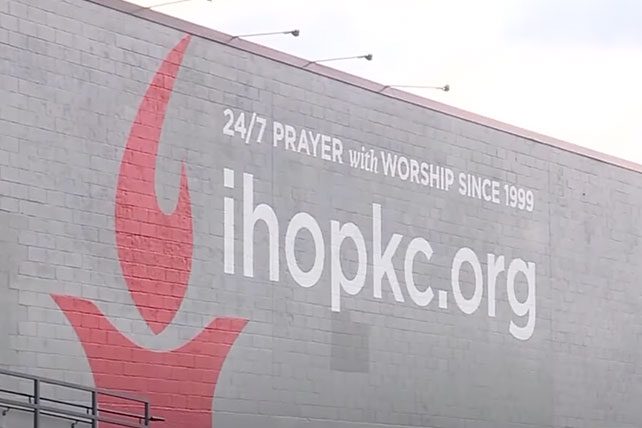The International House of Prayer (IHOP) has long been a focal point in conversations about modern evangelicalism, charismatic worship practices, and the boundaries of religious expression. Founded in 1999 by Mike Bickle in Kansas City, Missouri, IHOP is well-known for its 24/7 prayer and worship model. However, alongside its devout following and global influence, the organization has faced considerable controversy and criticism.
The Rise and Influence of the International House of Prayer (IHOP)
The International House of Prayer (IHOP) quickly grew from a small prayer group to a significant force in the global Christian community. Its central mission is built around what they call the “harp and bowl” model of worship, inspired by Revelation 5:8, combining intercessory prayer and music. IHOP’s commitment to continuous worship, which has persisted day and night for over two decades, has garnered attention from religious leaders and followers worldwide.
Beyond the prayer room, IHOP runs several ministries, including a Bible school known as IHOP University, outreach programs, and conferences that attract thousands of attendees annually. The organization’s emphasis on revival, prophetic ministry, and intimacy with God has resonated with many young Christians seeking a more experiential form of faith.
Despite its positive impact on many believers, IHOP has not been without its critics. Concerns have been raised about its theology, leadership structure, and alleged cult-like dynamics.
Controversial Teachings and Theology
One of the primary points of contention surrounding IHOP involves its theological positions. Mike Bickle and other leaders have emphasized eschatology—the study of the end times—which some detractors view as overly speculative and fear-inducing. Bickle’s interpretations of prophetic scripture, including references to a coming “Bridegroom Revival” and apocalyptic events, have sparked debate among theologians.
Critics argue that IHOP’s teachings can lead to an unhealthy focus on end-time scenarios, potentially fostering anxiety among followers. Others contend that Bickle’s interpretations deviate from mainstream Christian doctrine and lean toward hyper-charismatic expressions that emphasize signs, wonders, and subjective spiritual experiences.
Supporters, however, maintain that IHOP’s teachings are rooted in biblical principles and that its prophetic emphasis encourages spiritual preparedness rather than fear.
Allegations of Cult-Like Practices
Another significant source of controversy involves allegations that IHOP exhibits characteristics commonly associated with cults. These claims often revolve around the group’s intense emphasis on commitment, communal living, and a hierarchical leadership structure.
RELATED: IHOP Cuts Ties WIth Mike Bickle
Former members have spoken out about experiences of spiritual manipulation and pressure to conform to the group’s strict expectations. Some have described a culture where questioning leadership is discouraged and where members are expected to prioritize IHOP activities above personal relationships and responsibilities.

